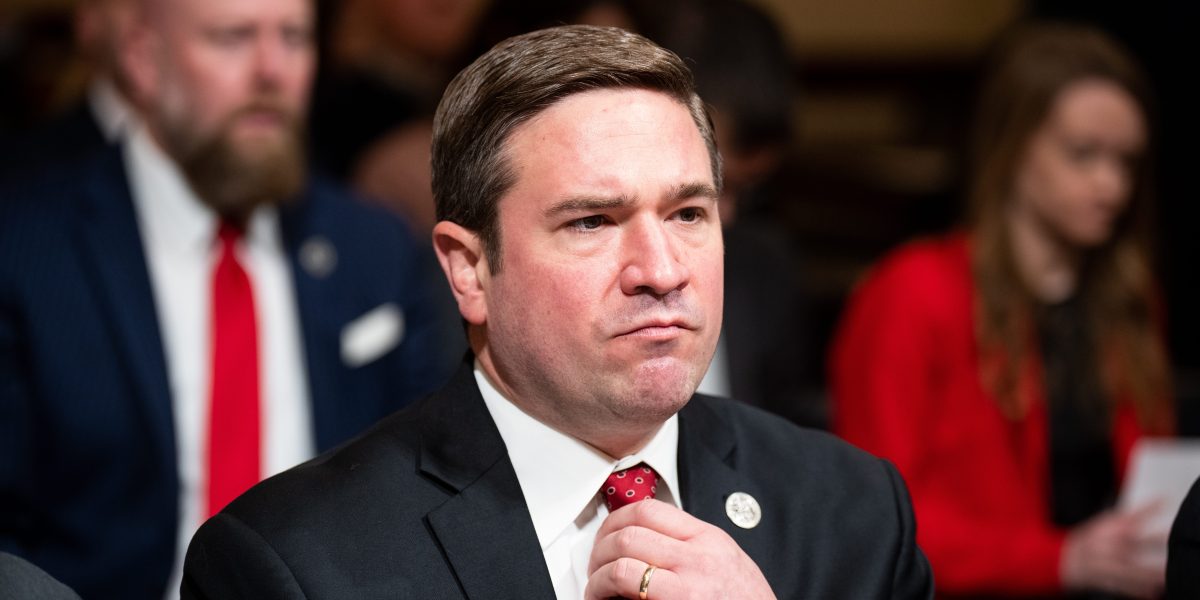DURING HIS SHORT tenure as Missouri’s attorney general, Andrew Bailey has spent a considerable amount of time fighting to cement dubious convictions — and, so far, he has been losing the battle.
On July 26, Bailey racked up another loss when the Missouri Supreme Court declined to scuttle a hearing in St. Louis County to determine whether Marcellus Williams was wrongfully convicted and sentenced to die in 2001. Bailey had implored the court to stop the August 21 hearing and to clear the way for Williams’s execution in September. While the Supreme Court has declined to delay Williams’s execution, it has at least rebuffed Bailey’s entreaty to grease the wheels.
Bailey’s defeat caps several weeks’ worth of legal volleying between the attorney general, Williams’s lawyers with the Midwest Innocence Project, and St. Louis County Prosecuting Attorney Wesley Bell, who is seeking to vacate Williams’s conviction because he believes it was wrongly obtained. In pushing back against Bailey’s efforts to block Williams’s innocence hearing, Bell and the Midwest Innocence Project argue that Bailey is attempting to rewrite Missouri law to give himself more power.



They did that episode because this has been a feature of our system from the beginning.